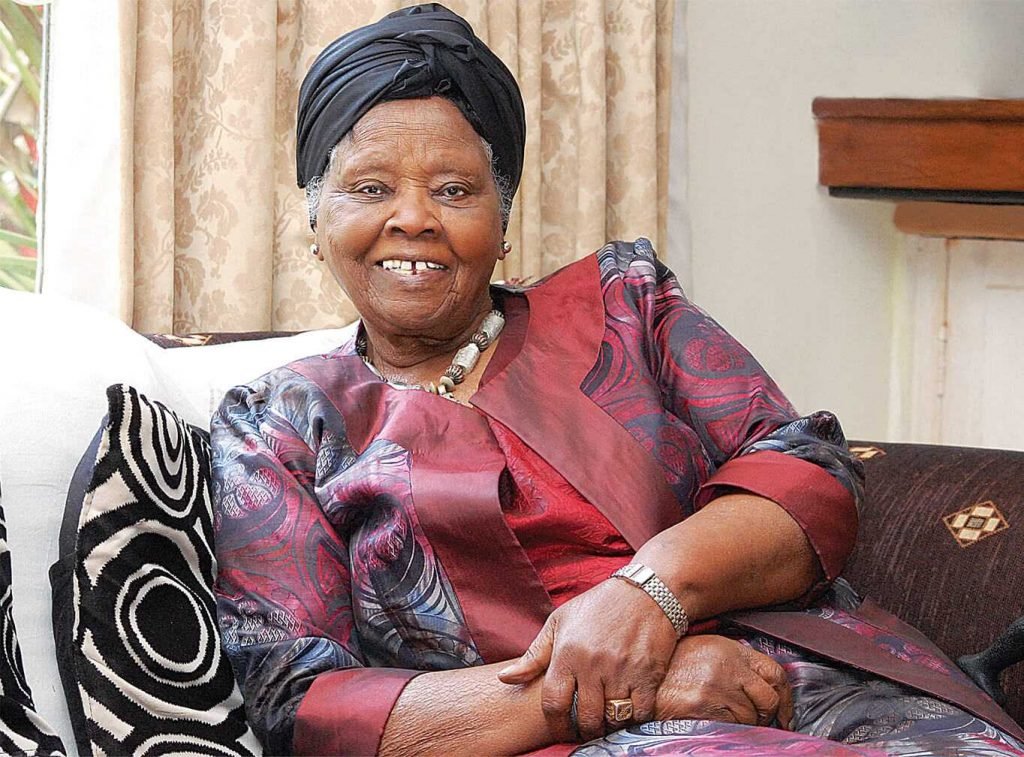BY NBM WRITER
A fairly recent book by veteran Kenyan writer Muthoni Likimani. A unique and kind of book that everybody who is concerned about one of the most evil practices on earth – modern slavery and human trafficking, has to lay their hands on.
Written in the form of fictional anecdotes and true stories, My Blood is Not For Sale combines creative excellence and reality to strike a very powerful code with the readers.
The author gives a powerful flashback of what Kenya underwent during the colonial times in her prologue. She reminds readers of the hardships that Kenyans encountered at the hands of colonialists. This is a way of foregrounding the problem that she addresses in the book. She also reminds readers of the beauty of hard-earned freedom that came with the attainment of independence. With this portrayal, the reader is forced to sharply focus on the core message in her book, a return to enslavement.
The treatise is a mission statement from one of the most senior Kenyan citizens who has contributed a lot to the development of this nation. The author, Muthoni Likimani is one of Kenya’s pioneer broadcasters and has also excelled in the corporate world. There are sections of the book, where she elects to address Kenyans directly in what is stylistically referred to as authorial intrusion. For instance, she questions why we allow strangers to be walking along our streets with our children. In this section of the book, she strongly criticizes adoption of Kenyan children by foreigners.
The author exposes the rot that goes on in maternity hospitals where children disappear mysteriously only to end up in the hands of baby snatchers at the said maternities. Apparently, there is what she refers to as “baby racket” and this explains the reality around child trafficking, a problem that is now global.

It confronts head on the hypocrisy of some churches that take advantage of the gullibility of the masses. The people who run some of these churches masquerade as pastors but in reality, they prey on members of the church and trick them to surrender their children to them with the promise of giving them a good life only to end up being sold. The author warns unsuspecting public to beware of such characters amidst us especially within the slums.
According to the author, the problem of human trafficking and modern slavery is worsened by the fact that there is complacency if not total negligence, on the part of the community. She feels that not enough has been done to protect the nation’s young people.
She gives various true accounts of how young people have disappeared without a trace and nothing has been done about it. She fictionalises the commonly known incident of Kenyan girls going abroad in the name of having gotten jobs only to be brought back in coffins. Such girls are also misused as sex slaves in some developed countries. She also cites instances where young boys end up as child soldiers in war torn countries.
The book lays bare the loopholes in our laws in a bid to eradicate the problem of human trafficking and modern slavery. In a fictionalised account, the author paints a picture of a determined old woman who rescued her grandchildren; her grandchildren who were to be given away for adoption, are returned to her after not just a protracted legal battle, but also a personal initiative where she takes the adopters and manages head on.
This is a book that policy makers and all who are concerned about the worsening situation of modern slavery and human trafficking must read.


